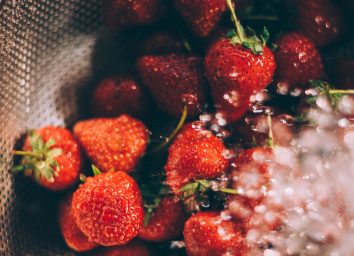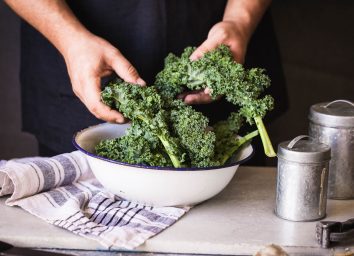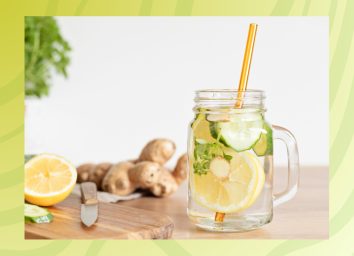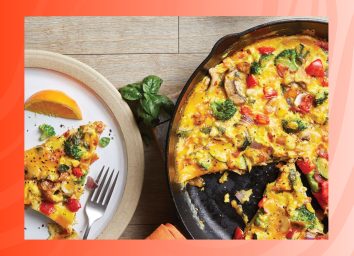This Vitamin Deficiency Could Increase Your Risk of Death from COVID-19
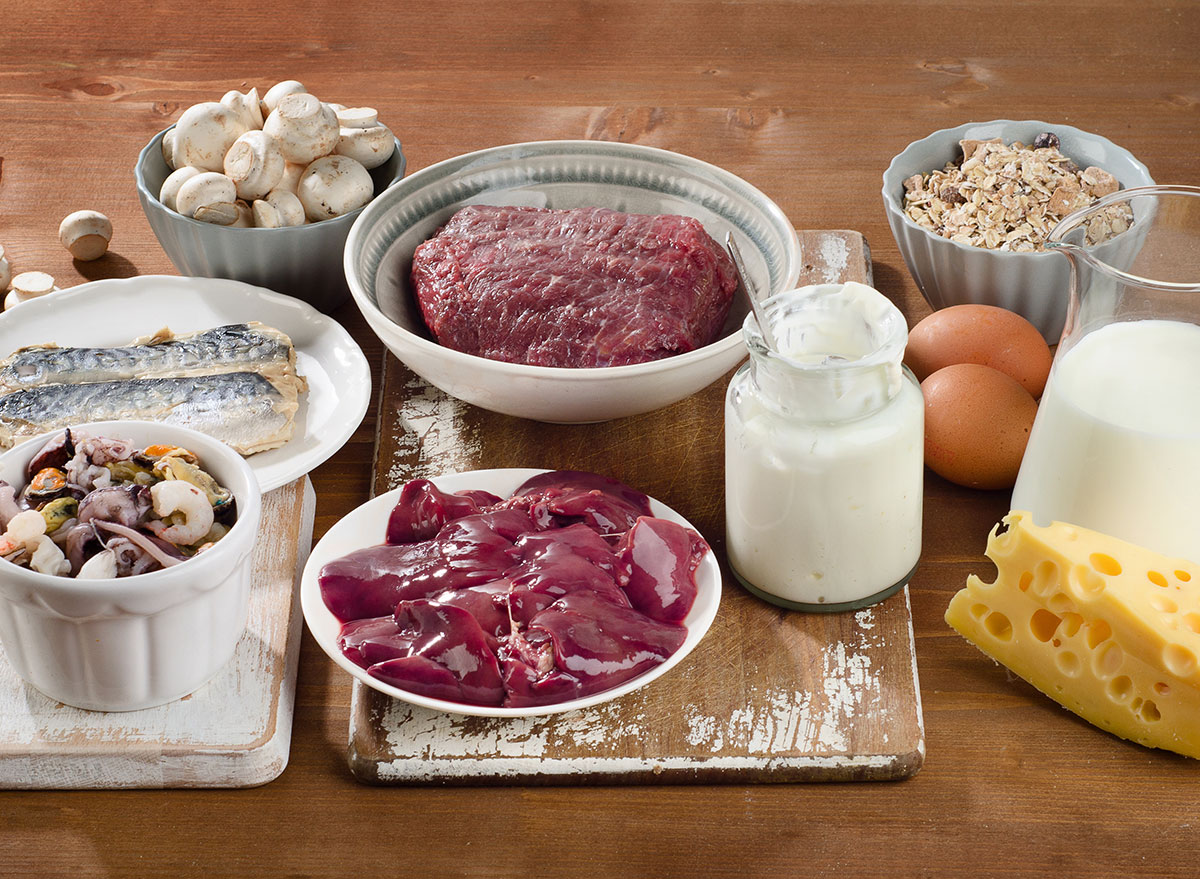
By this point, you've likely heard that vitamin D may be helpful in preventing adverse symptoms from COVID-19, as it's known to support the immune system. However, there are several other vitamins and minerals that help strengthen immunity, one of which is known as cobalamin, or vitamin B12.
However, having a B12 deficiency right now can be a serious problem. In fact, it "may unknowingly increase the death rate of this pandemic, especially in older adults," says Sally M. Pacholok, RN, BSN, an ER nurse who's currently caring for COVID-19 patients, and the co-author of Could It Be B12? An Epidemic of Misdiagnoses.
A B12 deficiency is often misdiagnosed, yet the consequences of it can be fatal—especially for those who have contracted coronavirus and are already at high risk, Pacholok says. Inadequate B12 levels can suppress the immune system and inhibit the body's ability to produce antibodies to viral infections. Severe deficiencies can even cause hyperhomocysteinemia, a condition that can cause fatal blood clots to form in the brain, lungs, and lower leg.
More people suffer from low vitamin B12 levels than you may think. In fact, Pacholok says that as many as 1 in 6 Americans are deficient. "B12 deficiency strikes all ages, races, and socioeconomic classes," she says.
Unfortunately, this deficiency has been overlooked when determining the cause of death from COVID-19, as clinicians fail to screen for it in both at-risk and symptomatic patients. Still, the CDC says that "vitamin B12 deficiency can be detected and diagnosed quite easily," yet it remains underdiagnosed.
Foods that are rich in vitamin B12:
Now that vitamin B12 is on your radar, it may be helpful to know which foods are the best sources of it. Vitamin B12 is naturally occurring in animal products, such as eggs, milk, fish, and meat. However, many breakfast cereals are fortified with the vitamin, as well. Nutritional yeast also packs B12, which is helpful for vegans they are inevitably at high risk of deficiency.
Some examples of foods that pack a lot of B12 are:
- Clams (cooked)
- Liver (beef)
- Sockeye salmon
- Trout
- Tuna
- Milk
- Yogurt
- Swiss cheese
Symptoms of B12 deficiency:
In a different Eat This, Not That! article about vitamin B deficiency, Sydney Greene, MS, RD says that elderly people are at high risk of B12 deficiency because, "as we age, we lose the ability to absorb vitamin B12 from food."
Symptoms include extreme fatigue, shortness of breath, rapid heart rate, numbness, tingling, or burning in either the hands, legs, or feet, and developing ulcers or sores in the mouth. Even psychological changes can be an indicator of low vitamin B12 levels.
Of course, the best way to prevent vitamin B12 deficiency is to eat foods that are rich in it. However, Greene has said, "I always recommend that my female clients taking oral contraceptives speak to their doctor about starting a B complex supplement, especially if they are experiencing sudden low energy or mood swings," as birth control is known to deplete vitamins B2, B6, and B12.
For more, check out the best ways to boost your immunity against coronavirus.
